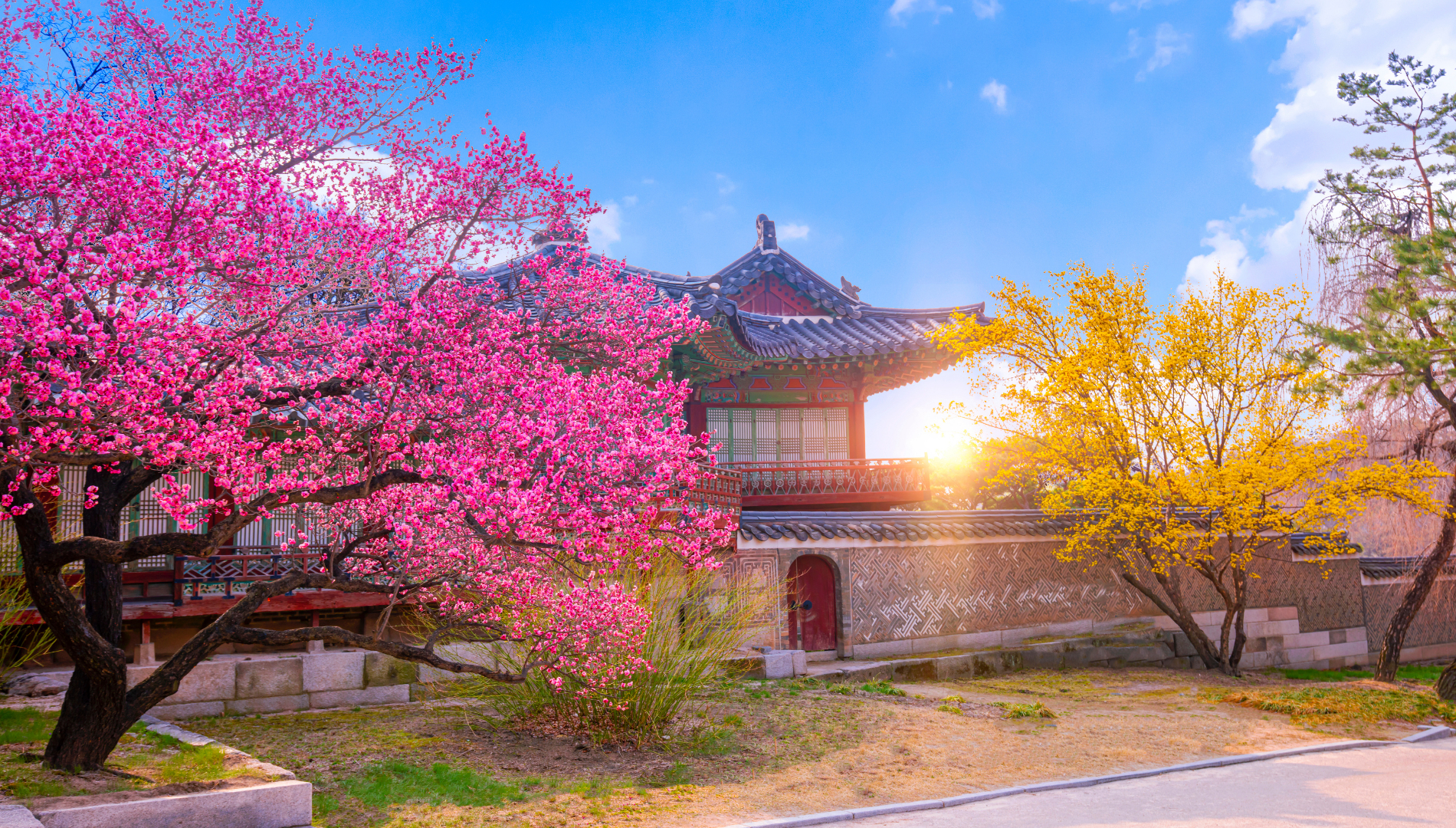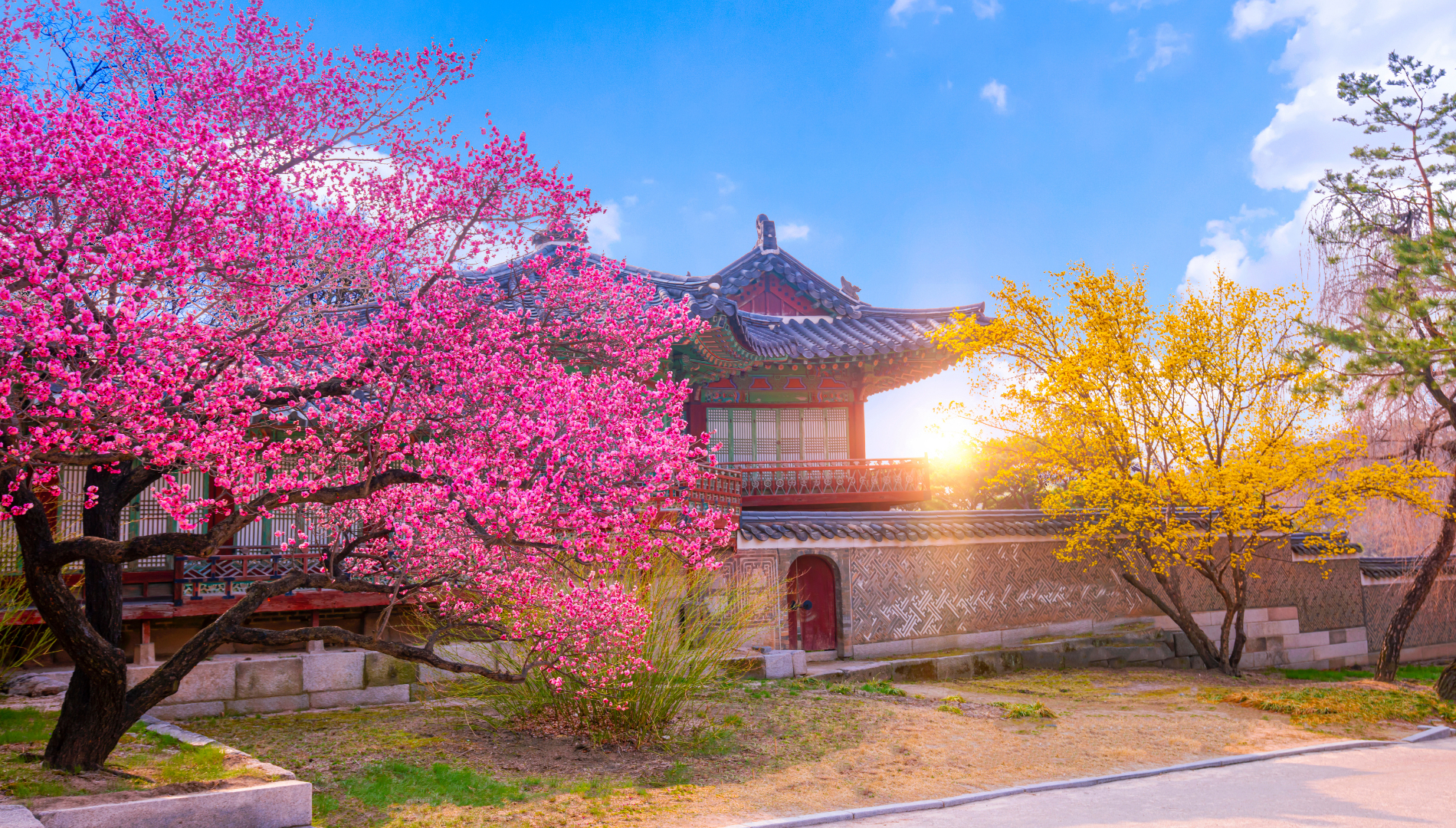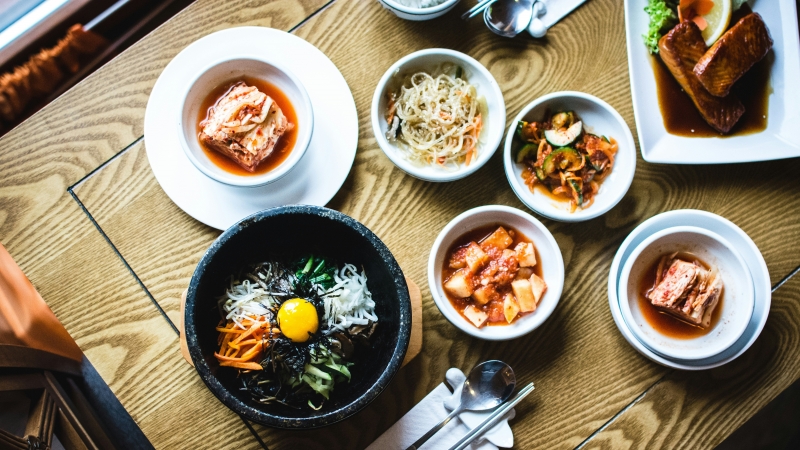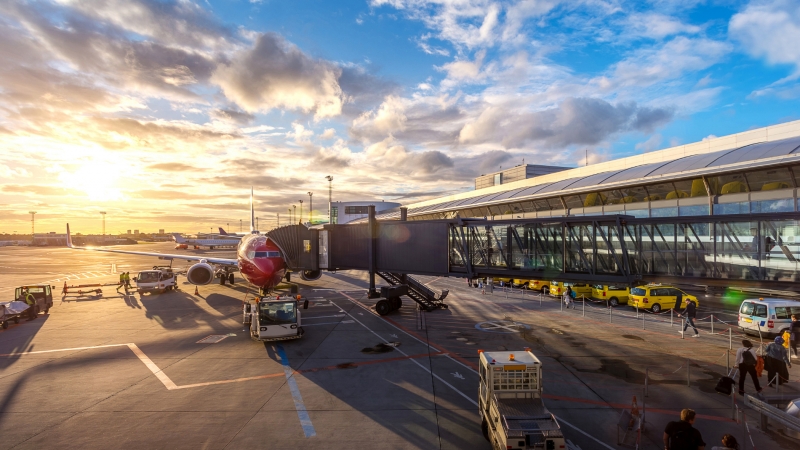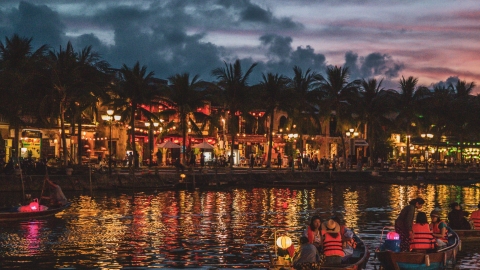For the international market, South Korea's tourism industry is already facing many challenges due to political instability following President Yoon Suk Yeol's declaration of martial law, as well as recent issues such as the Jeju Air plane crash. These developments have prompted governments in many countries, including China, Australia, the United States, Canada, and the United Kingdom, to advise their citizens to exercise caution when planning trips to South Korea at this time.
The Chinese Embassy in Seoul has issued a serious warning to its citizens planning to travel to South Korea. According to the warning, participating in political activities, particularly protests related to the impeachment and arrest of President Yoon Suk-yeok, could lead to serious consequences such as deportation.
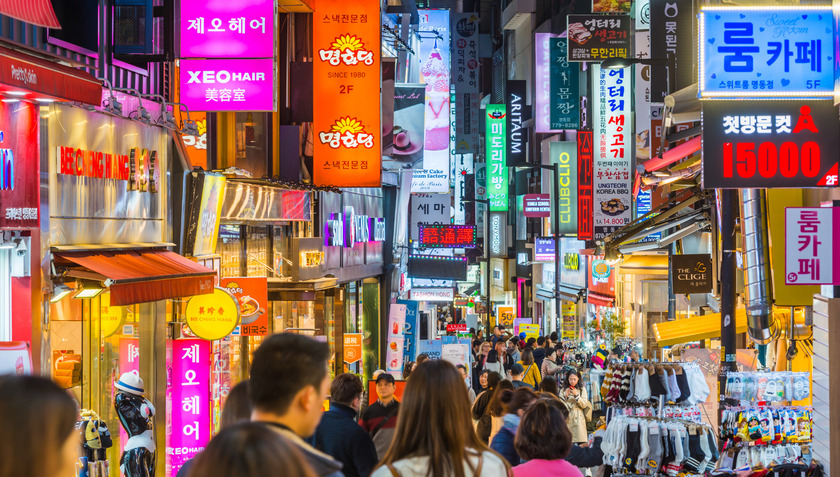
The South Korean tourism industry is already facing many challenges.
Korean immigration law clearly stipulates that foreigners are not allowed to participate in political activities, regardless of the type of visa they hold. To ensure their safety, tourists should strictly adhere to Korean laws and regulations, stay away from protest areas, and always pay attention to security announcements.
South Korea is one of the most popular tourist destinations for Chinese visitors due to its geographical proximity, numerous direct flights, and close cultural ties between the two countries. According to the Korea Tourism Organization (KTO), more than 2.2 million Chinese tourists visited South Korea in the first six months of the year, surpassing the 2 million visitors for the entire year of 2023.
In the same context, South Korea has made every effort to "revive" its tourism industry. A week after the accident that killed 179 people, with a surge in canceled tickets, Jeju Air announced it would cut 188 international flights departing from Busan in the first quarter of 2025 and would unveil a comprehensive reduction plan this week to "improve operational stability."
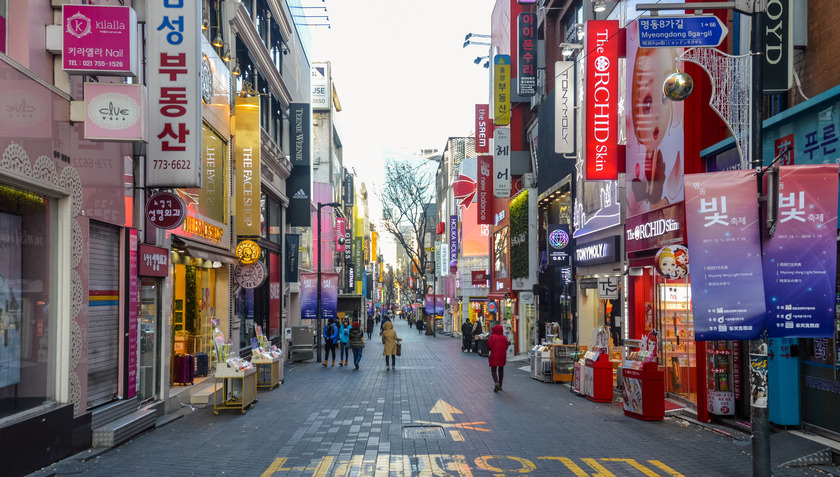
South Korea is striving to recover from the tourism setback caused by the plane crash.
Jeju Air is likely to cut the most flights departing from Incheon – South Korea's main gateway. The total number of flights cut by the airline in the first quarter of 2025 is expected to reach approximately 1,900. According to the New York Times, amid increasing pressure from both the market and the government, the airline faces the difficult task of restoring customer confidence and improving operational processes to ensure future safety.
The South Korean government is currently planning a pilot program to waive visa requirements for Chinese tourists and waive visa fees for certain markets, including Vietnam, in an effort to revive the tourism industry. These plans were announced at a tourism promotion strategy meeting held at the National Museum of Korea in Yongsan-gu, Seoul last week.
These measures are part of a broader strategy to enhance the resilience of the South Korean tourism market through proactive and timely policy implementation based on close coordination with the tourism industry. To further support the tourism industry, the South Korean government will amend the Tourism Promotion Act in the first half of next year, allowing domestic tourists to stay in urban hostels, previously only available to foreigners. This change is expected to boost domestic tourism and provide more accommodation options for domestic travelers.

 VI
VI EN
EN



